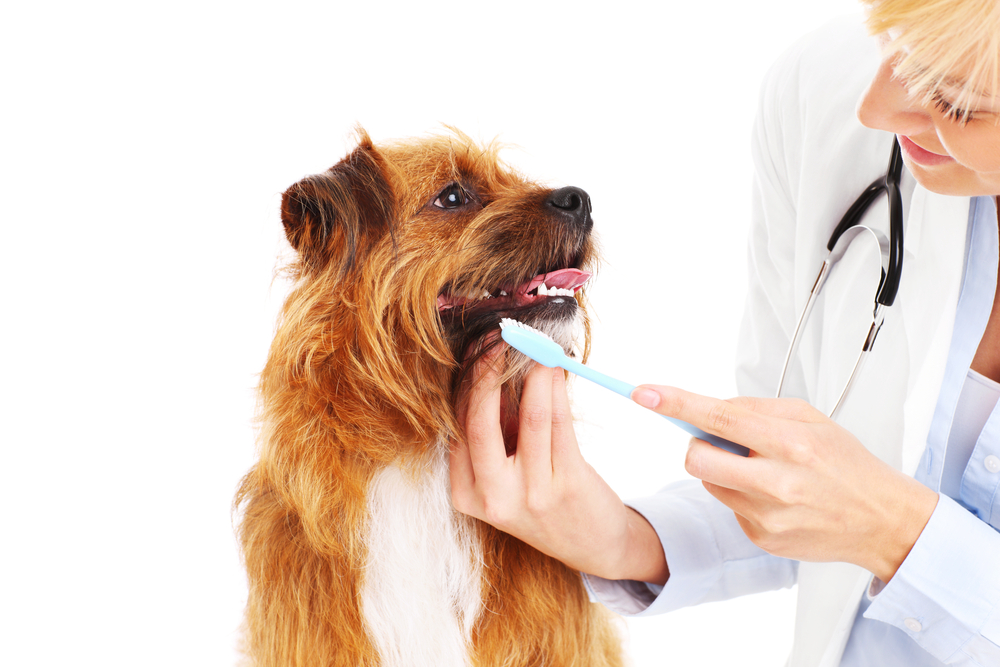
Welcome Wellness in 2023: New Year’s Resolutions for Your Pet’s Health
When setting—and keeping—New Year’s resolutions, include your furry pal. Because your pet cannot take their health into their own paws, accept this mission to make 2023 their healthiest and happiest year yet. Read our Harbor Pines Veterinary Center team’s pet-centric New Year’s resolution ideas that can help improve your furry pal’s health.
#1: Swap processed treats for healthy alternatives
Take an honest look at your pet’s treats. If they are brightly colored, and loaded with sugar, fat, and calories, switch to healthier options. Keep in mind that treats should only make up about 10% of your pet’s diet, so get the most bang for your buck by choosing treats that are low in sugar and fat. You can also swap your pet’s usual treats for healthy people food. To determine which fresh foods your pet prefers, offer them small amounts of the following:
- Berries
- Apples
- Bananas
- Green beans
- Squash
- Sweet potatoes
- Carrots
When giving your pet fruits and vegetables, stay away from foods that can be hazardous or toxic, such as grapes, raisins, and nuts. In addition, avoid giving your pet foods on this list from the ASPCA.
#2: Brush up on your pet’s dental health
As do many pet owners, you may be inadvertently overlooking your furry pal’s dental health, which has a significant impact on their overall wellbeing. Your pet likely has some breath odor, which is normal, but foul eau de doggy or kitty breath can indicate your pet has painful periodontal problems. Brown, yellow, or gray tartar buildup on your pet’s teeth indicates the presence of oral bacteria, which can travel through your four-legged friend’s bloodstream, attacking their heart, kidneys, and liver. Annual professional dental checkups enable your veterinarian to evaluate your pet’s oral health, and perform cleanings to remove plaque and tartar, and treat dental problems. However, daily toothbrushing is also essential to maintain your pet’s dental health. In addition to brushing your pet’s teeth at least three times a week, you can give them Veterinary Oral Health Council (VOHC)-approved dental treats and chews, food and water additives, or dental wipes and rinses.
#3: Challenge your pet’s mind
While you are at work, your pet is home alone and—likely—bored. To help prevent your pet’s boredom when they spend hours home alone, provide them with:
- Treat and food puzzles
- Interactive toys
- Pet sitter or dog walker visits
- Window views
- Wildlife television shows
- Treat scavenger hunts
- New chew toys
A great way to stimulate your dog’s mind when you are together is to take a sniffari, or a long walk that allows your pet plenty of time to sniff. Sniffing lowers a dog’s heart rate, reduces anxiety, and challenges their mind.
Provide your cat with plenty of scratching surfaces, climbing posts, and lookout towers. Cats love vertical spaces, and climbing, scratching, and hiding satisfies their many instinctual needs.
#4: Make new pet and human friends
Ongoing positive socialization is important to help your pet remain calm and confident when meeting unfamiliar pets, people, and places. Making new friends and enjoying playdates is a wonderful way for your furry pal to get the mental and physical exercise they need, continuing their socialization experience. If your pet is hesitant to meet four-legged playmates, see if they prefer people’s company. Your pet may like playing fetch or pouncing on a fishing pole-type toy with your neighbor, or cuddling on the couch with one of your distant relatives. If your pet is more social, take them to pet-friendly neighborhood spots, such as restaurants, bars, parks, and other local hangouts where you both can meet other pets and their people. This enrichment is a great way to continue socializing your four-legged friend.
#5: Schedule your pet’s wellness care
Healthy pets’ annual and seniors’ biannual wellness exams are the best way to monitor your furry pal’s health. Your pet’s regular wellness care enables your veterinarian to monitor your four-legged friend’s health trends and patterns, allowing them to spot abnormalities before they cause serious issues. During these wellness visits, our team performs many preventive care tasks, including:
- Administering lifestyle-appropriate vaccinations to prevent infectious disease
- Screening for and treating parasites and vector-borne illnesses before they cause health issues
- Running screenings to diagnose early-stage disease before a condition causes illness
- Discussing your pet’s diet, behavior, and grooming
- Making recommendations to improve your pet’s health and happiness
Your four-legged friend’s regular wellness exam should top your resolution list every year. Give our Harbor Pines Veterinary Center team a call to schedule your pet’s wellness visit.

